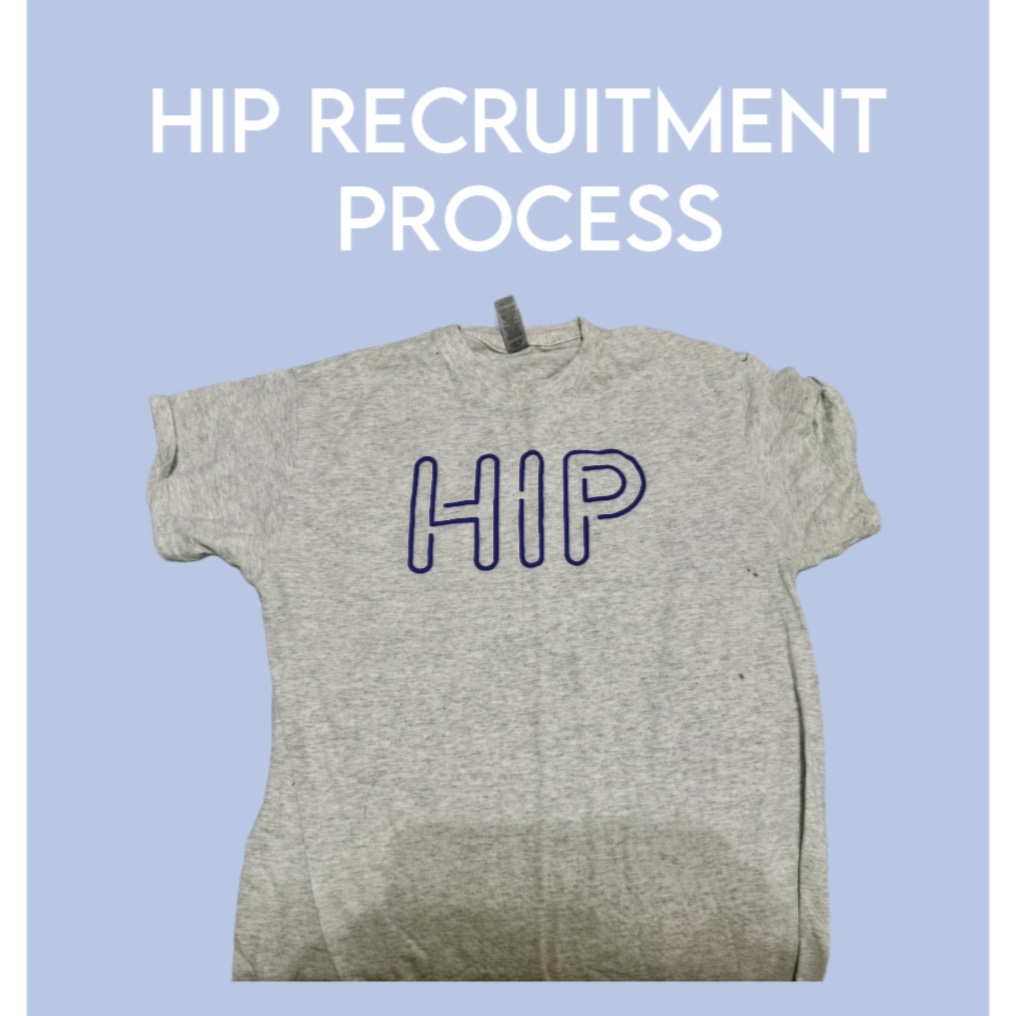Convenience vs. A Healthy Diet
December 4, 2017
You’re running late for a meeting as your stomach growls, so you pull into the first fast food drive-through you see.
Unfortunately, sometimes convenience wins over health. While the food is served fast, we become blinded to the cholesterol clogging truth behind fast food.
Since 1955, McDonald’s has reinvented the term “fast food”, carefully designing their restaurants to make them faster and cheaper to manage. While hamburgers can be cooked the night before and quickly put together to keep up with demand, the effect of consuming this convenient and delicious food can be highly destructive to your health.
The documentary Super Size Me shows the effects of eating McDonalds for 30 days straight. In the end, this experiment showed that eating foods like those served at McDonald’s and similar fast food restaurants for 30 days caused a 32 year old man to gain 25 pounds, as well as develop heart palpitations, high cholesterol, frequent mood swings and depression.
While the average person does not consume these products every single day, it adds up over time. According to the National Center for Health Statistics, nearly 40 percent of adults and 19 percent of youth are obese in the United States. This is no coincidence to fast food restaurants being the top chain restaurants in America.
Convenience often comes before health and nutrition when it comes to food, but healthy fast food is aiming to fix that. As the idea of healthy fast food increased in popularity, it has became debated whether this actually helps health. Whether it’s having a salad instead of a hamburger and fries or eating an organic grain-fed meat, healthy fast food is positively changing the way America eats.
The chain restaurant Evos is advertised as an organic and a less artery-clogging alternative to fast food restaurants. Although they still serve the classic hamburger and fries, they have given it a healthy benefactor by only using organic and grain fed meats as well as air baking instead of deep frying their food. By air-baking, 50 percent to 70 percent less fat is used, as well as less oil.
Other restaurants like Grown are contributing to the idea of healthy fast foods, a fresher and more organic extent to Evos by sells salads and wraps that are only made with pesticide free, fresh vegetables grown in their own garden. To add to the convenience, Grown has a drive through. Although evos is healthier than McDonald’s and other traditional fast food restaurants, it is still a hamburger and fries, making Grown the healthier option.
The only issues that many face with healthy fast food is the price. Surprisingly, if you want healthy food, there is a price to pay. A complete meal of a hamburger, fries and a drink costs $5.79 at McDonald’s, while at Evos a similar combo meal cost $11.57.
In addition to the cost increase of healthy fast food, they are often scarce and hard to locate, unlike a traditional fast food restaurant like McDonald’s and Wendy’s which can be found on almost every street corner.
Due to the fact that the fastfood industry has added weight to america, we have become the twelfth most obese country in the world, according to a study held by the World Atlas in 2017. With the extra weight, comes extra health hazards. These health hazards include diabetes, heart disease, stroke, high blood pressure and even some cancers which are more common with obesity and overweight.
A healthier lifestyle can eliminate health issues, as well as add years to the average American’s lifespan. Can you really put a price point or a convenience on your longterm health?









